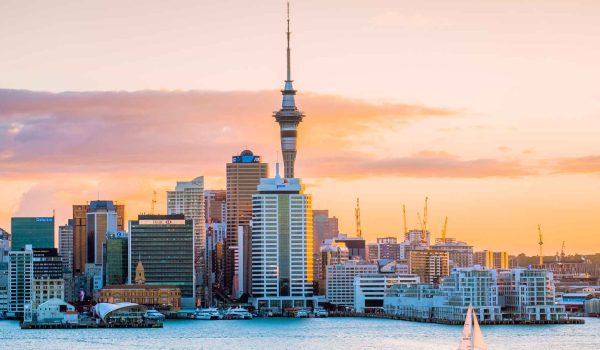The Land Down Under offers a unique blend of stunning landscapes, a high quality of life, and diverse opportunities for career growth. People from all over the world come to Australia for its world-class education system, world-class healthcare, and strong economy. Navigating the immigration process can be complex, which is why many individuals seek assistance from Australian immigration consultants. Australia remains a popular destination for people looking to start over, whether it’s because of its stunning beaches, lively culture, or the prospect of a better future.

Comparison of the Cost of Living in Dubai vs. Australia
- Housing Costs
Housing costs in Dubai and Australia vary significantly. Dubai often boasts extravagant, modern apartments, but they come at a premium price, making it one of the world’s most expensive cities for housing. The average rent for a Dubai one-bedroom apartment in the city centre is around AED 6,400 (AUD 2,150) per month. In Australia, the overall cost of renting an apartment can vary greatly depending on location and size, but the average monthly rent for a one-bedroom apartment is AUD 1,800.
- Food and Groceries
When comparing the cost of living in Dubai and Australia, one crucial aspect to consider is the expenses related to food and groceries. In Dubai, while there is a wide range of dining options, dining out can be expensive, and imported goods often come with a higher price tag. On the other hand, Australia locally produces most of its goods which makes it more affordable, and eating out can be reasonably priced. For example, the cost of groceries in Dubai is around 46.9% higher compared to Australia.
- Transportation
Public transport fares in both Australia and Dubai are relatively affordable, with a single ticket costing AUD 6 in Australia and AED 5 in Dubai. However, Australia offers extensive public transportation networks, but car ownership is more affordable, with lower insurance costs and parking fees. On the other hand, car ownership is much more expensive in Dubai due to the high price of petrol and vehicle registration fees.
- Healthcare and Education
In Dubai, healthcare can be expensive, with high-quality private facilities, though expat packages often cover some costs. In Australia, healthcare is largely government-funded through Medicare, resulting in lower out-of-pocket expenses. On the education front, Private schools in Dubai can be pricey, with monthly fees ranging from AED 706 for preschool to AED12,700 for an international primary school. In contrast, Australia boasts a strong public education system, offering free primary and subsidized secondary education for permanent residents.
- Utility costs
Dubai tends to have higher utility expenses, particularly due to air conditioning being essential for the hot climate which can cost between AED 500 to AED 1,000 per month. Conversely, Australia’s utility costs can vary depending on the region, but they often tend to be more reasonable. Utilities (including electricity, heating, cooling, water, and garbage) can cost around AUD 150 to 250 per month for an 85 m2 apartment.
- Taxes
In Dubai, One of the significant attractions of the UAE is its zero personal income tax. This can lead to substantial savings for Australian expats. In contrast, Australians pay a top personal income tax rate of 45% where rates increase with income levels, and the Goods and Services Tax (GST) is levied on most goods and services. Dubai’s tax advantages may appeal to those seeking to maximize their income, while Australia offers robust public services funded through taxation.
How can immigration consultants help with relocating or budgeting in Australia
Immigration consultants can provide applicants with vital advice on visa procedures, assisting them in selecting the best immigration route. These professionals help with budget planning by offering insights into the cost of living. They assist newcomers in making financially responsible decisions by providing information about local costs for things like housing, healthcare, and education.
Consultants can also facilitate the transfer by putting migrants in touch with important services like banks, insurance companies, and housing authorities. Their knowledge guarantees a more seamless and informed relocation to Australia, reducing the process’ daunting nature and increasing its manageability.




